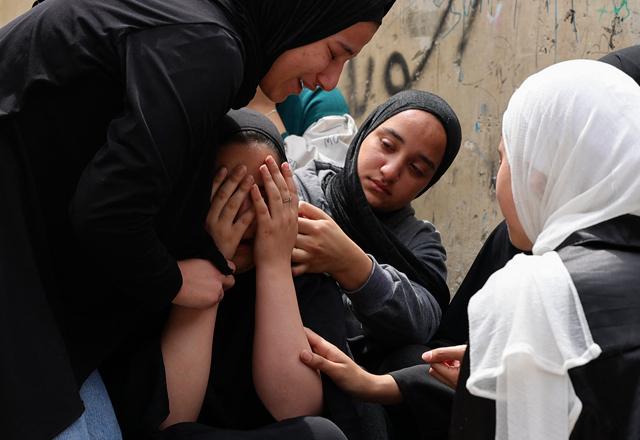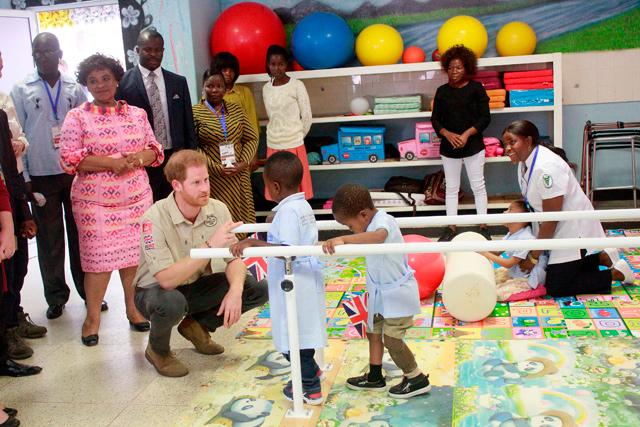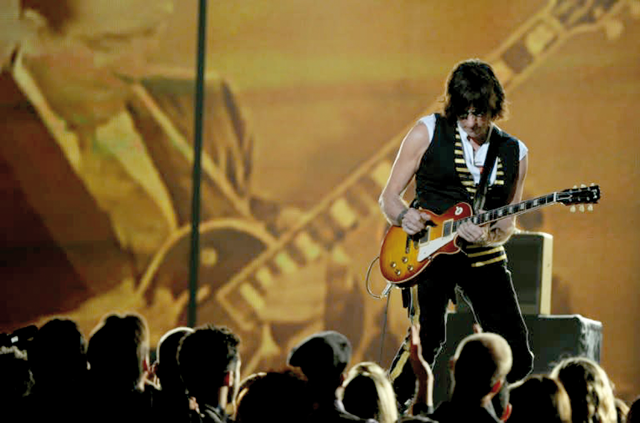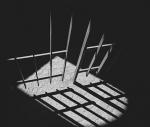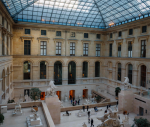You are here
Mohamed Al Fayed: Egyptian tycoon who craved 'Establishment' approval
By AFP - Sep 02,2023 - Last updated at Sep 02,2023
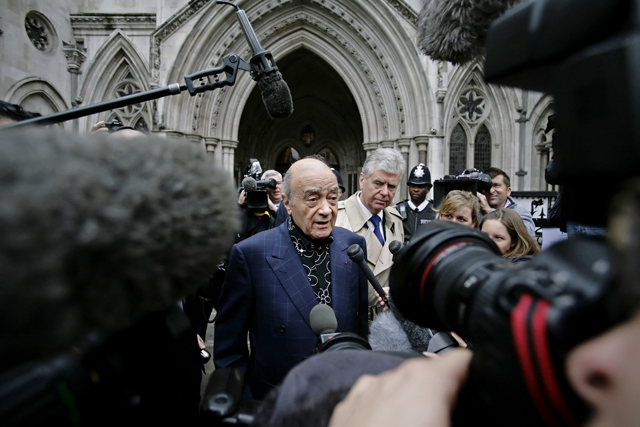
Mohamed Al Fayed (centre) arrives at London's High Court, October 2, 2007, as the formal inquest into the deaths of Princess Diana and Dodi Al Fayed gets underway (AFP photo)
LONDON — Few things were beyond the reach of billionaire Egyptian tycoon Mohamed Al Fayed who has died at the age of 94.
Hotels, yachts and a football club were bought with ease but he never acquired the recognition he craved.
His son Dodi's fateful relationship with princess Diana might have been the moment Fayed finally gained acceptance by the British "Establishment" elite.
Instead it marked his permanent estrangement after he insisted — without evidence — that Queen Elizabeth II's husband Prince Philip had ordered the Paris car crash in which Diana and Dodi were killed to prevent her marrying a Muslim.
Fayed lived most of his life in Britain, where for decades he was never far from the headlines.
But to his frustration he was never granted UK citizenship nor admitted into the upper echelons of British society.
Fayed will be remembered most for his outspoken and often foul-mouthed manner, his revenge on the Conservative Party, his controversial purchase of the Harrods department store, and his ownership of Fulham football club and the Ritz hotel in Paris.
With a business empire encompassing shipping, property, banking, oil, retail and construction, Fayed was also a philanthropist, whose foundation helped children in the UK, Thailand and Mongolia.
His gift for self-invention — he added the "Al-" prefix to his surname and a 1988 UK government report described his claims of wealthy ancestry as "completely bogus" — led segments of the British press to dub him the "Phoney Pharoah".
Humble origins
Far from being the scion of a dynasty of cotton and shipping barons he made himself out to be, Fayed was the son of a poor Alexandrian school-teacher who, after an early venture flogging lemonade, set out in business selling sewing machines.
He later had the good luck to start working for the arms dealer Adnan Khashoggi, who recognised his business abilities and employed him in his furniture export business in Saudi Arabia.
He became an adviser to the Sultan of Brunei in the mid-1960s and moved to Britain in the 1970s.
Fayed bought the Ritz in 1979 with his brother and the pair snapped up Harrods six years later after a long and bitter takeover battle with British businessman Roland "Tiny" Rowland.
A subsequent government investigation into the takeover, officially published in 1990, found that Fayed and his brother had been dishonest about their wealth and origins to secure the takeover.
They called the claims unfair. Five years later, his first application for British citizenship was rejected.
Revenge followed swiftly. Soon after, Fayed told the press that he had paid Conservative MPs to ask questions in parliament on his behalf.
This brought down two prominent politicians, while Fayed also exposed Cabinet minister Jonathan Aitken's involvement in a Saudi arms deal.
Aitken was later jailed for perjury and perverting the course of justice.
Paris tragedy
The defining tragedy of Fayed's life came in August 1997: Dodi and Princess Diana died when a car driven by one of Fayed's employees, chauffeur Henri Paul, crashed in a Paris road tunnel.
For years afterwards, Fayed refused to accept the deaths were the result of speeding and intoxication by Paul, who also died.
The distraught Fayed accused the royal family of being behind the deaths and commissioned two memorials to the couple at Harrods.
One, unveiled in 1998, was a kitsch pyramid-shaped display with photos of Diana and Dodi, a wine glass purported to be from their final dinner and a ring that he claimed his son bought for the princess.
The other, a copper statue of the couple releasing an albatross, was titled "Innocent Victims" — a reflection of his view that Dodi and Diana "were murdered".
Fayed's claims against the royal family came at a price.
Harrods lost a royal warrant bestowed by Prince Philip in 2000 after what Buckingham Palace called "a significant decline in the trading relationship" between the prince and the store.
Later that year, Fayed ordered the removal of all remaining royal warrants — effectively a regal seal of approval — for supplying the queen, queen mother and Prince Charles, the now King Charles III.
The Establishment "dislike my outspokenness and determination to get the truth", he said, as he announced his exile to Switzerland in 2003 because of his claims and what he said was the "unfair" treatment at the hands of the tax authorities.
Sporting success
Fayed sold Harrods in 2010 to the investment arm of Qatar's sovereign wealth fund for a reported £1.5 billion ($2.2 billion), although it was once reported he wanted to remain there even in death.
He told The Financial Times in 2002 that he wanted his body to be put on display in a glass mausoleum on Harrods roof "so people can come and visit me".
Despite his paranoia, secrecy and eccentricities, Fayed's success with the prestige department store was undeniable.
Within a decade of his taking over, sales increased by 50 per cent and profits rose from £16 million to £62 million.
Other successes included at Fulham, which he transformed from a struggling outfit into an top-flight side. But even here he was ridiculed and he eventually sold up.
He claimed in 2014 they were relegated because a giant statue he had commissioned of Michael Jackson outside the ground was removed.
Critics, he said characteristically, "can go to hell".
According to Forbes list of the world's billionaires, Fayed was worth $1.9 billion in November 2022.
Related Articles
RAMALLAH, Palestine — Israeli occupation forces shot dead a Palestinian teenage when confrontations broke out during a Saturday raid in the
HUAMBO, Angola — Britain's Prince Harry on Friday paid an "emotional" visit to a street in Angola that was once a minefield visited by his m
LONDON — A collection of guitars and other musical equipment owned by influential rock guitarist Jeff Beck will go on sale in London in Janu


